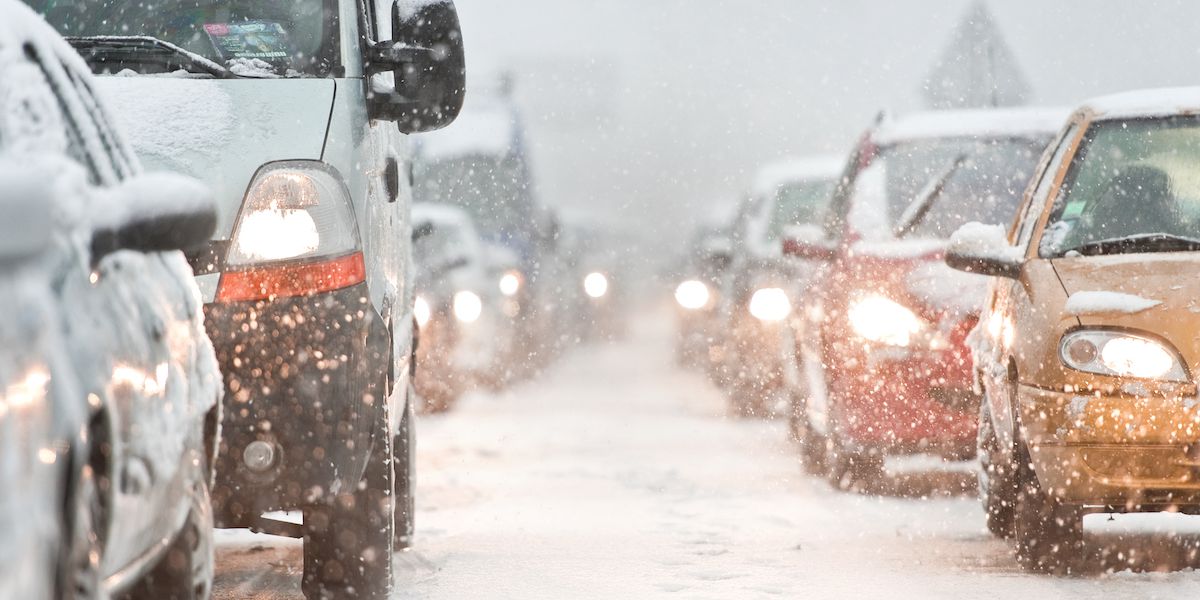The students of Michigan Tech have been lucky this winter, experiencing warmer temperatures than usual and significantly less snowfall. However, the second day of Winter Carnival served as a harsh reminder of the long winters in the UP, with temperatures dropping into the single digits and snow piling onto the ground. As many of us who have our own cars in Houghton may know, dealing with the weather can be frustrating. Digging your car out of feet of snow and trying not to slip around the roads while driving is a challenge, especially if you don’t have a nicer car or tires. It’s important to understand what the cold can do to your car and know how to take care of it despite the harsh conditions.
Get Frequent Oil Changes
When the temperature drops below zero for a few days, your oil is at risk of becoming thick and syrupy. Your engine’s oil pump will have trouble circulating thicker oil and can damage your car. Older oil can also become sludgy and fill with sediment, making it more of a risk of damaging the interior of your car. Low-quality oil is at a higher risk of doing this, so spending a little bit more money on high-quality oil can ensure that your car is still functioning properly. If you’ve recently gotten an oil change, your oil may be alright for the next couple of months. However, if you’ve been putting one off for a while now, this may be the time to do it.
Drive Your Car Regularly
In temperatures below freezing, your battery can also freeze. When your battery isn’t fully charged, the sulfuric acid and distilled water inside is not properly mixed and can risk the chance of freezing. You may not be driving as often to avoid the roads, but driving your car around for a little bit or even just starting it to let it idle can help. This will prevent the battery from fully freezing and keep your car drivable. You may also want to clean the battery connections and make sure that they are free of corrosion.
Check Your Tires
The freezing temperatures can cause the air inside your tires to contract and have less pressure. This can make it even more dangerous to drive on slippery roads as the tires can’t grip the surface as well anymore. Making sure to check on your tires frequently and fill them with air will ensure that you’re driving as safely as possible in these harsh weather conditions. Checking your tires before and after longer drives is especially important, because extended driving on bad roads can significantly lower your tires’ pressure.
Keep Your Tank at least Half-Full
Having a low amount of gas in your fuel tank can contribute to more condensation forming and then freezing in the tank. The fuel lines can also ice up and cause more major problems. If you don’t plan on driving your car for at least a few days, make sure to fill your tank at least halfway so that less condensation can form and freeze over in your tank. This greatly reduces the chance of your car not being able to start.



2 Responses
This idea of the sulfuric acid and water not being properly mixed does not make sense. It would violate the second law of thermodynamics. Perhaps it is possible that if the battery is not fully charged, the ionic concentration is lower which could result in freezing.
A bit more on winter or snow tires would have been beneficial. Tires are the only thing that connects your vehicle to the road. Winter tires on all 4 wheels can make a big difference in starting out, stopping and turning. 4 wheel drive does not aid in stopping or turning.